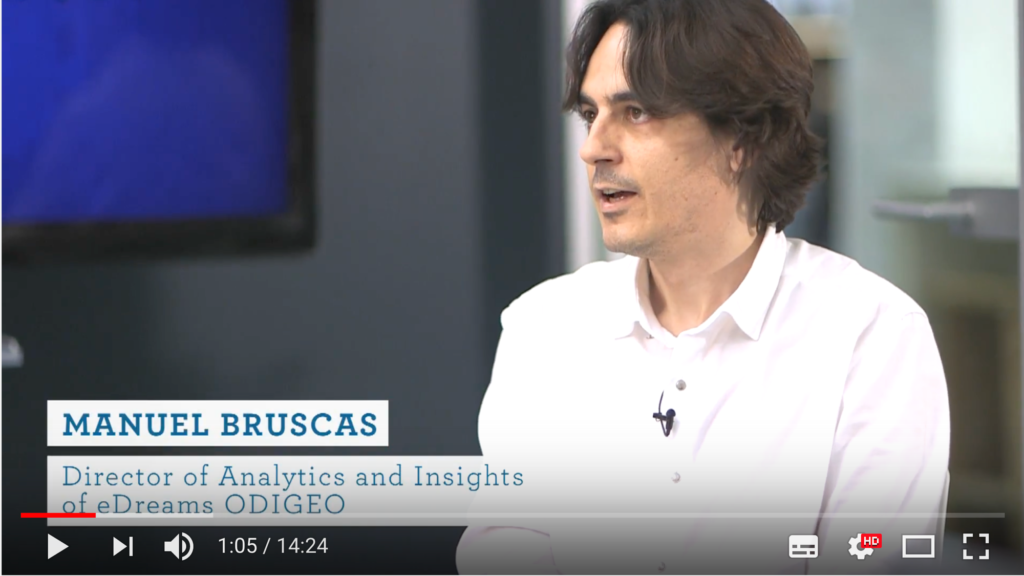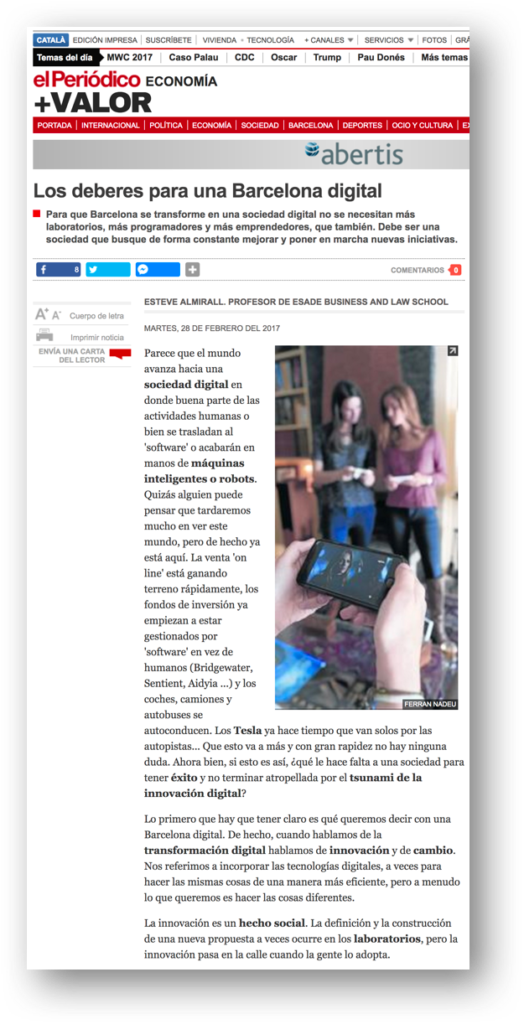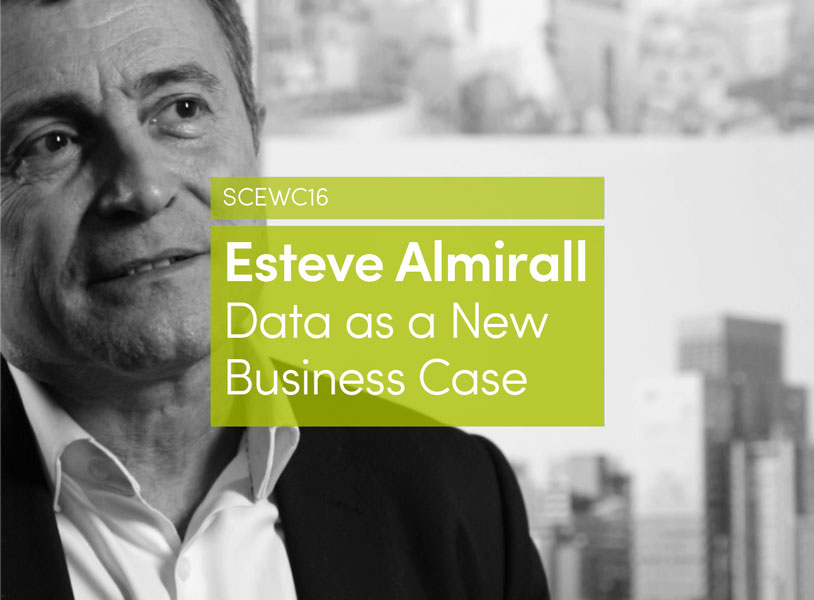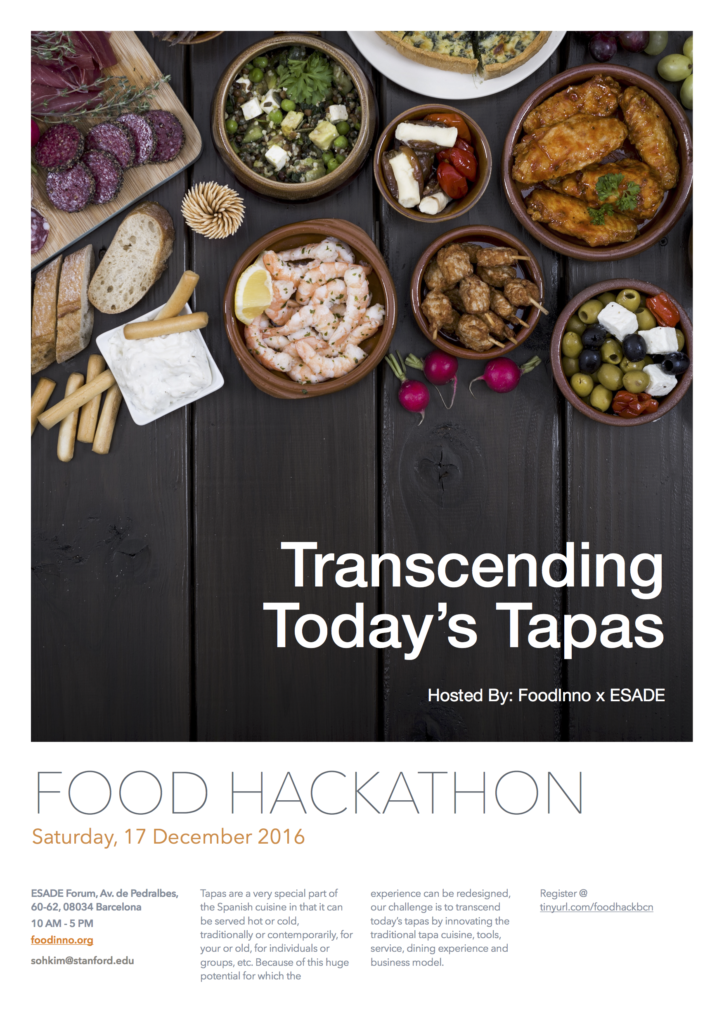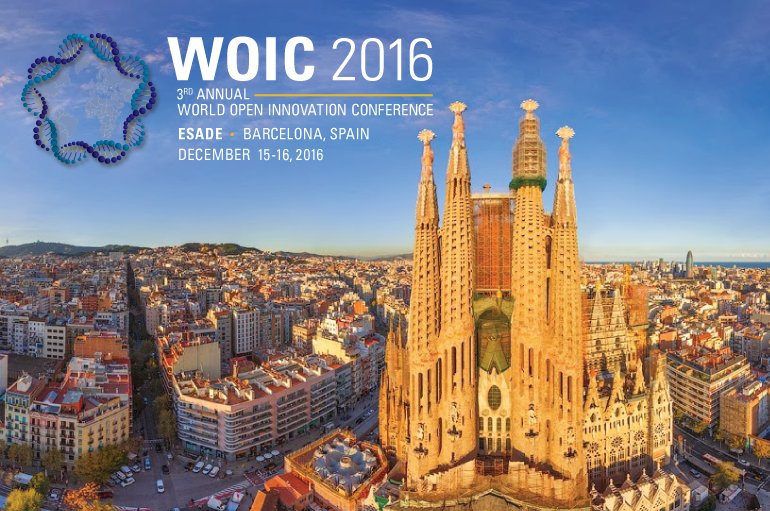We are all familiar with native digital companies like eDreams, the Spanish on-line travel specialist.
However, native digital companies work differently than normal companies. There, you are not going to find product managers but product owners. Project Management is basically SCRUM and you cannot meet your clients but you know a lot about them.
Digital experiments is the tool for taking decisions and personalization is the name of the game.
Here you can find the interview ith Manuel Bruscas, Director of Analytics and Insights at eDreams ODIGEO, where we talk about the differences between native and non-native digital companies and how both work !
I am sure that you will find it not only very interesting but enlightening !

